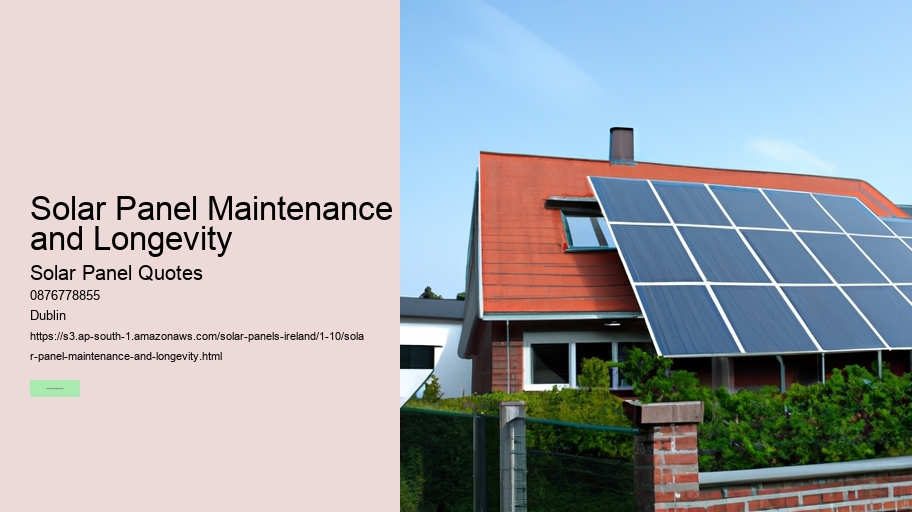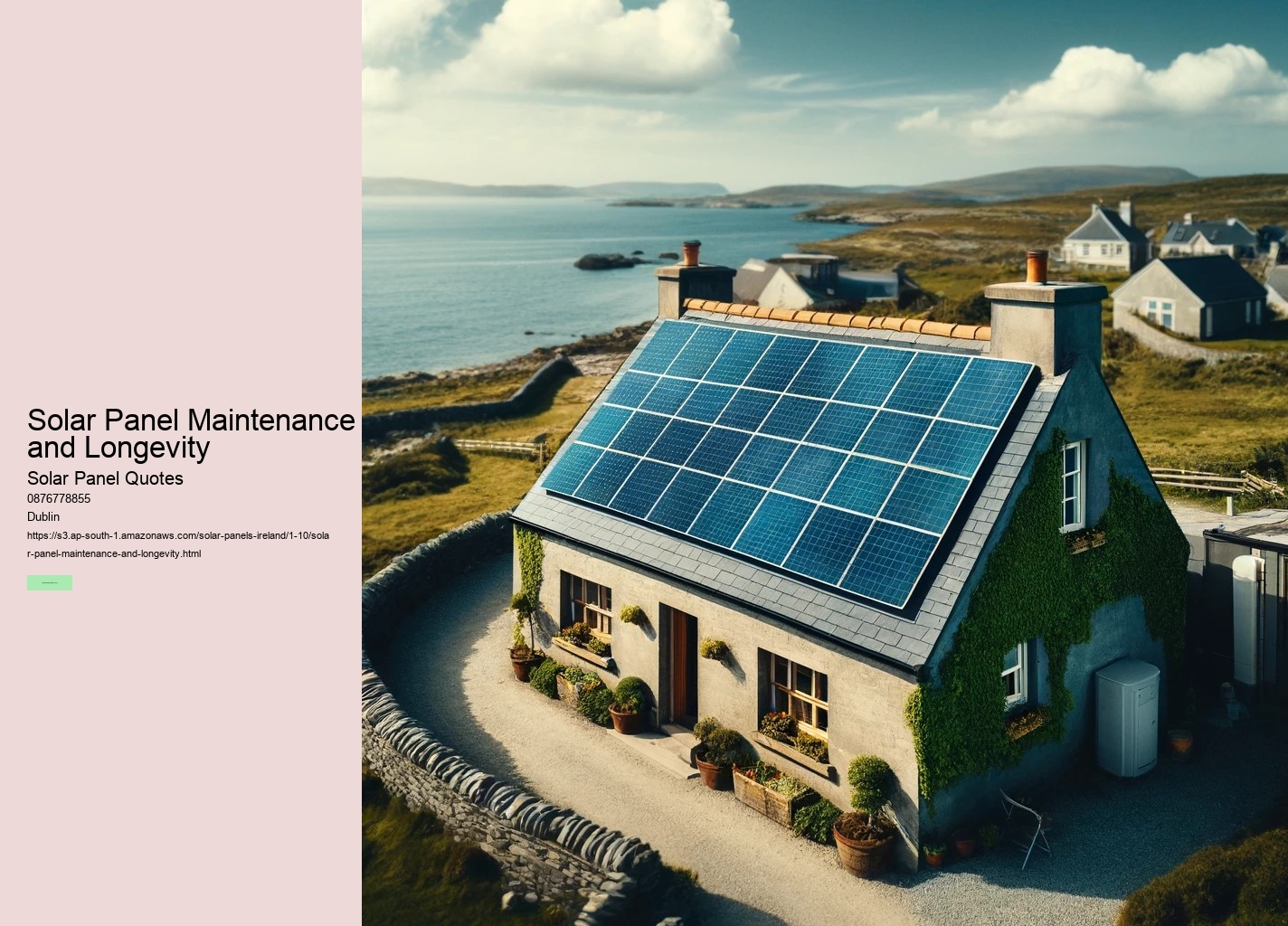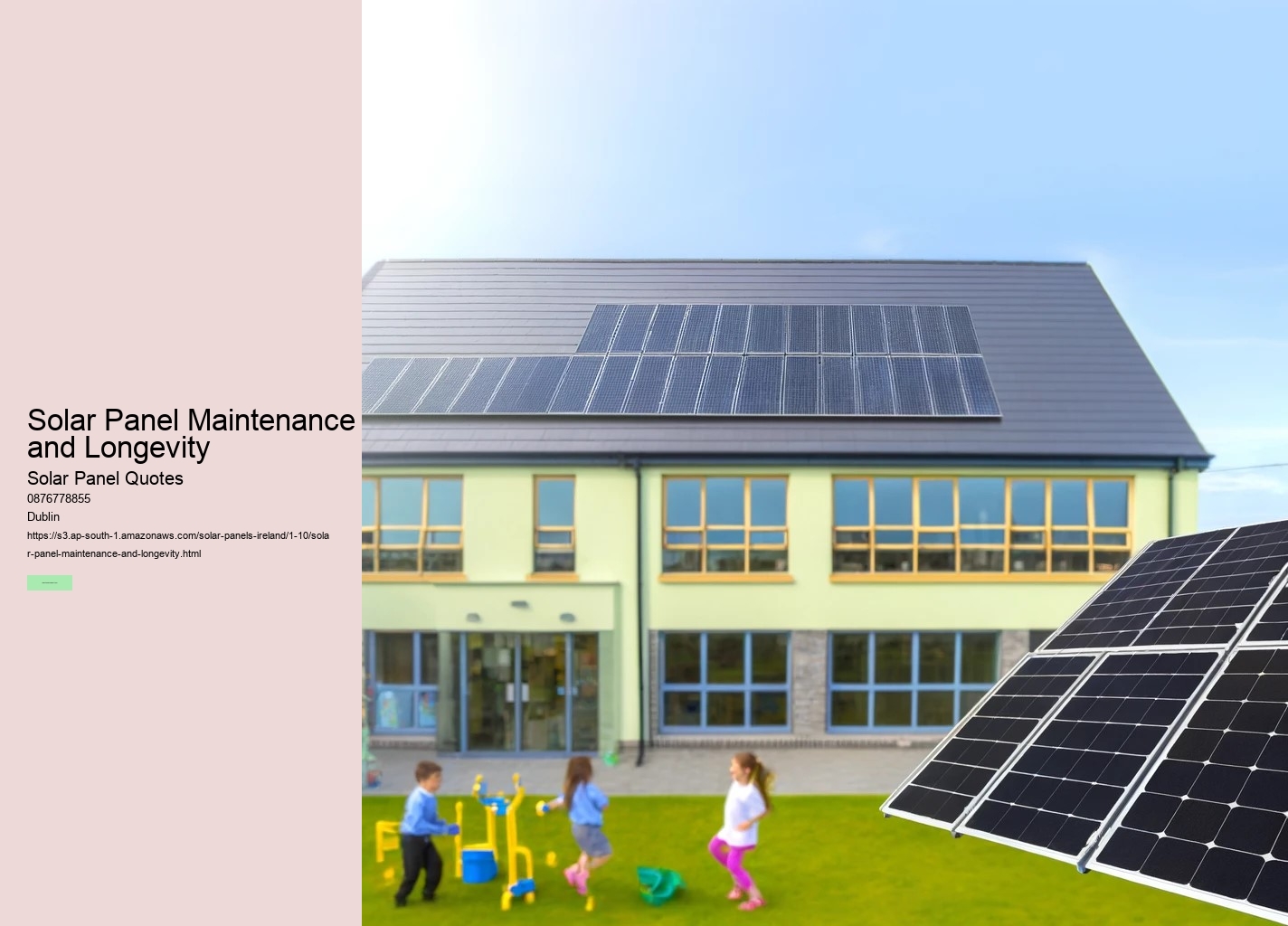

Environmental benefits are a core advantage of solar energy systems. This combination can help meet both electricity and hot water heating needs. Factors such as the orientation and shading of your roof, the type of solar inverter, and the efficiency of the solar cells all play a role in the overall performance of your system.
This versatility enhances the overall value of the system and contributes to efficient energy use. looking for the cheapest solar panel ireland cost then checkout solar panel quotes. This dual functionality enhances their value and makes them a versatile solution for meeting household energy needs.
With the combination of government support, advanced technology, and long-term savings, solar panels are an investment that pays dividends for both your wallet and the environment. On average, the cost of solar panels in Ireland ranges from €6,000 to €18,000, with several factors influencing the final price.
The cost of adding a battery depends on the size and capacity, but it can make the system more efficient and provide peace of mind during power disruptions. While the initial expenses may appear high, the long-term advantages in terms of savings and sustainability make it a worthwhile investment.
This range depends on several factors, including the size of the photovoltaic system, the type of solar cells (monocrystalline silicon, polycrystalline silicon, or thin-film solar cells), and whether additional components like batteries, inverters, or shading optimizers are included. A rooftop photovoltaic system tailored to your specific energy consumption can provide significant long-term savings and reduce reliance on the electrical grid. For Irish homeowners, the Sustainable Energy Authority of Ireland (SEAI) provides grants of up to €2,400, making solar panels more accessible.
Monocrystalline silicon panels, known for their high efficiency and compact design, are a popular choice for homes with limited roof space. One of the most attractive aspects of solar panels is their payback period.
The Sustainable Energy Authority of Ireland (SEAI) provides grants of up to €2,400 for solar photovoltaic (PV) installations. Excess electricity can be exported back to the grid through feed-in tariffs, creating an additional revenue stream while supporting the broader energy network.
Potential buyers are increasingly interested in homes equipped with energy-efficient systems like rooftop photovoltaic systems and solar thermal collectors. The shift to solar energy represents a significant step towards efficient energy use and sustainable living.
This process, combined with a smart meter, ensures that no energy is wasted, enhancing the cost-effectiveness analysis of solar installations. These batteries store excess energy produced during the day for use at night or during periods of low sunlight. The payback period for solar panels in Ireland ranges from five to seven years.
The rising cost of electricity by source highlights the importance of energy independence. For households seeking a balance between affordability and environmental responsibility, solar panels provide a reliable and impactful solution.
For homeowners committed to sustainability, solar panels offer an effective way to contribute to a greener future. Integrating these systems into a solar panel setup enhances energy efficiency and lowers overall consumption.
The cost of solar panels in Ireland is a subject of growing interest as more households turn to renewable energy to reduce electricity expenses and embrace sustainability. By reducing reliance on grid energy and leveraging government incentives, households can achieve substantial savings while supporting Ireland's renewable energy goals.


By generating clean energy, households contribute to lowering global greenhouse gas emissions. This aligns with Ireland's efforts to combat climate change and promote sustainable energy practices. Battery systems, while adding to initial costs, provide resilience and energy independence by minimizing reliance on grid energy storage.
For those with electric vehicles, battery chargers can be integrated into the system, offering a comprehensive sustainable energy solution. Energy storage is another consideration when evaluating solar panel costs.
This contributes to global efforts to combat climate change and aligns with Ireland's sustainable development objectives. The Microgeneration Support Scheme, combined with smart meters, enables homeowners to benefit from feed-in tariffs for surplus energy, making solar panels an even more attractive investment.
The cost of solar panels in Ireland is an essential factor for anyone considering renewable energy. Additionally, Thin-film solar cells are available for specific applications, adding versatility to the photovoltaic system market.

During this time, savings on electricity bills and income from the Microgeneration Support Scheme-offering payments for exported electricity-help recover the initial investment. For instance, they can be used to charge electric vehicles or power home energy storage systems. Energy storage is an important consideration for those investing in solar panels.
This cost depends on various factors, including the size of the system, energy needs, and optional features like energy storage or advanced solar inverters. Solar panels represent a significant step toward sustainability and efficient energy use in Ireland.
Additionally, the removal of VAT on solar panels, effective from May 2023, further makes the transition to solar energy more affordable. When selecting a solar panel provider, it's important to consider factors such as experience, certifications, and customer reviews.
By replacing traditional energy sources like gas and coal with solar power, households significantly cut greenhouse gas emissions. Homeowners equipped with a smart meter can monitor their energy production and consumption, optimizing their use and maximizing savings.

By harnessing sunlight to generate electricity, solar panels significantly reduce the carbon footprint of homes and businesses. Homeowners can monitor their electricity generation and consumption in real time, making informed decisions to optimize their energy use. payback period Adding features such as shading optimizers or higher-capacity inverters can improve system performance but may slightly increase the initial cost.
For optimal results, a site survey will help determine the most suitable system for your property. Solar panels also contribute to efficient energy use beyond electricity generation.
These initiatives align with Ireland's goals of reducing greenhouse gas emissions and encouraging sustainable energy practices. Regular cleaning to remove dirt and debris is often sufficient to maintain optimal performance.
In addition to individual benefits, solar panels support the broader energy transition by feeding surplus electricity into the national grid. Homes equipped with rooftop photovoltaic systems are perceived as energy-efficient and environmentally friendly, making them more attractive to potential buyers.
Rechargeable batteries allow excess energy to be stored during the day and used at night or during periods of low sunlight. Polycrystalline silicon panels offer a more cost-effective solution, while Thin-film solar cells are suitable for specific applications. Larger systems with higher Watt Peak (kWp) capacities will naturally cost more but provide greater energy generation.
In addition to the type and number of solar panels, the inclusion of energy storage solutions can impact the cost. In addition to financial benefits, solar panels contribute to environmental sustainability.
These panels, while slightly more expensive than polycrystalline options, are known for their durability and high performance. Regular maintenance, such as cleaning and occasional inspections, ensures optimal performance and maximizes their return on investment.
High-quality systems paired with long-term support and warranties ensure a smooth transition to renewable energy. For homeowners in Ireland, embracing solar energy offers a pathway to lower energy costs, enhanced property value, and a reduced environmental footprint.

Monocrystalline panels are made from a single crystal structure and are more efficient, while polycrystalline panels are made from multiple crystal fragments and are more cost-effective.
While solar panel efficiency can be impacted by Ireland’s variable weather, modern technology allows panels to still generate significant energy even on cloudy days.
Solar panels typically pay for themselves within 5 to 7 years in Ireland through savings on electricity bills.
Yes, there are several financing options available in Ireland for solar panel systems, including loans, leases, and Power Purchase Agreements (PPAs).
Monocrystalline panels are made from a single crystal structure and are more efficient, while polycrystalline panels are made from multiple crystal fragments and are more cost-effective.
While solar panel efficiency can be impacted by Ireland’s variable weather, modern technology allows panels to still generate significant energy even on cloudy days.
While solar panel efficiency can be impacted by Ireland’s variable weather, modern technology allows panels to still generate significant energy even on cloudy days.